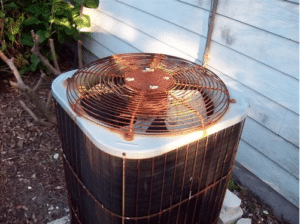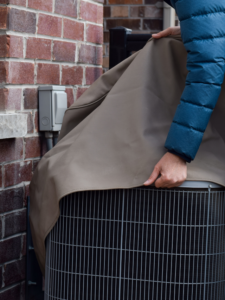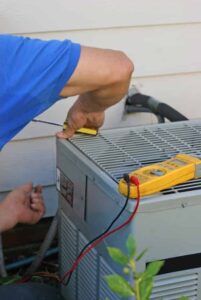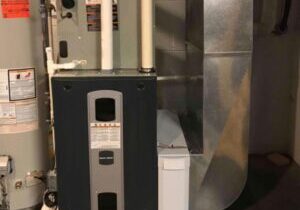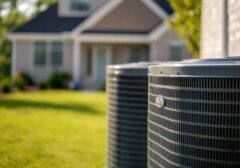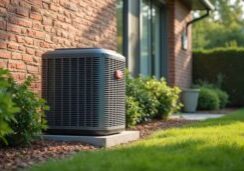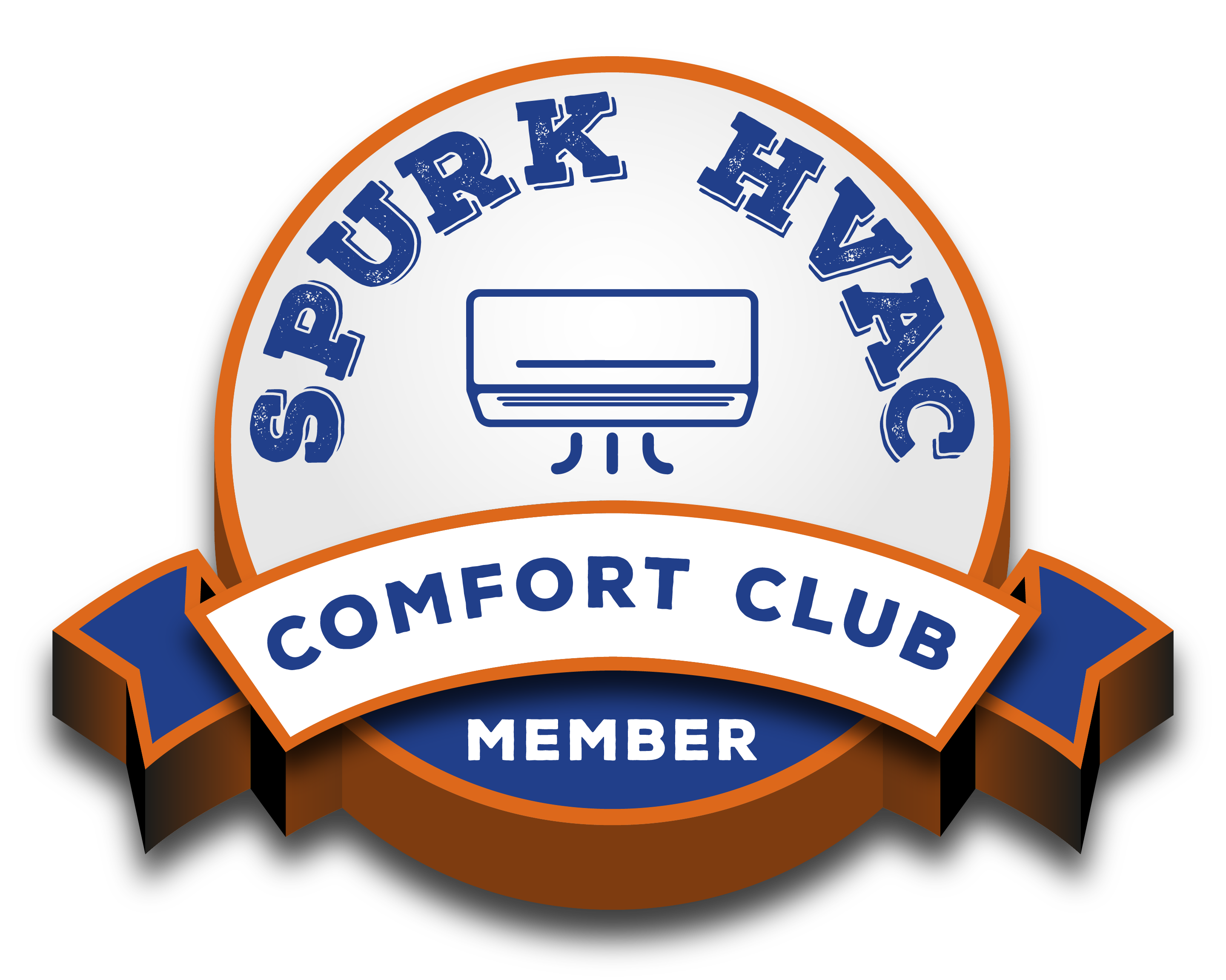While spring may provide much-needed relief from the winter chill and help bring nature back to life, it can also significantly impact the HVAC unit. Spring showers can cause water damage, electrical damage, and a drastic temperature change, leading to costly repairs if not addressed promptly.
Whether you are a homeowner or a commercial property owner, understanding how to protect the HVAC unit from the impact of spring showers ensures the comfort and safety of everyone in your building. This article will explore three ways spring showers impact your HVAC units and provide tips on preventing them.
Ways Spring Showers Impact Your HVAC Unit:
Drastic Change in Temperature
In springtime, the temperatures can fluctuate dramatically and strain the HVAC system. As the temperatures change, the HVAC unit has to work harder to maintain the desired indoor temperature, which can lead to reduced efficiency, increased energy bills, and even system malfunctions.
Water Damage
Heavy rain and flooding can cause water to seep into the outdoor components of the HVAC system, causing rust, corrosion, and electrical damage. This damage can compromise the unit’s functionality, leading to costly repairs or the need for total replacement.
Lightning Strikes
Spring showers often carry potential lightning strikes, which can impact the HVAC unit. Lightning strikes can cause electrical surges that overload the system’s circuits, resulting in malfunctions or irreparable damage.
How To Prevent Them:
Investing In A Sturdy, Waterproof Cover
It is crucial to invest in a sturdy, waterproof cover to protect the outdoor unit from water damage during spring showers. This protective cover will protect the unit from water and other elements by keeping it dry and safe.
In addition, a properly fitting cover will ensure that water cannot penetrate the unit, preventing water from seeping into the sensitive electrical components or causing corrosion to the metal parts.
Ensure The Ground Around Your Unit Is Stable & Strong
The ground beneath the HVAC unit should be level, compacted, and able to support the system’s weight. Uneven or soft ground can cause the HVAC unit to tilt, potentially leading to collapse during heavy rain or flooding.
Installing a concrete or gravel pad beneath the HVAC system may be necessary to provide additional support and stability. A professional HVAC professional, such as Spurk HVAC, can assess the condition around the unit and recommend the best course of action to ensure stability during spring showers and other extreme weather conditions.
Get An Inspection After The Storm
While taking preventative measures, such as investing in a sturdy cover or ensuring the ground around the HVAC unit is stable is important, extreme weather conditions can still cause damage to the HVAC system. Therefore, getting a post-storm inspection by a professional HVAC technician can help identify any damage to the system, such as electrical damage, before it worsens and leads to system failure.
In addition, regular maintenance and inspections can help extend the lifespan of the HVAC system and reduce energy costs. At Spurk HVAC, we offer a special program for our customers so that they have the assurance that their HVAC system is being maintenanced consistently. Our Comfort Club Membership starts at only $15 a month. To join our Comfort Club, please click here for more information.
End Note
Spring showers present a potential hazard to your HVAC units. It is imperative to address these challenges promptly to avoid costly repairs or system failures.
To prevent irreparable damage, investing in a sturdy cover, making sure the ground around the unit is stable and strong, and getting a post-storm inspection by a professional HVAC technician are crucial. These steps can help protect your HVAC unit, extend its lifespan, and reduce energy costs.
Contact our team at Spurk for any HVAC-related services and keep your system running efficiently for years to come.




